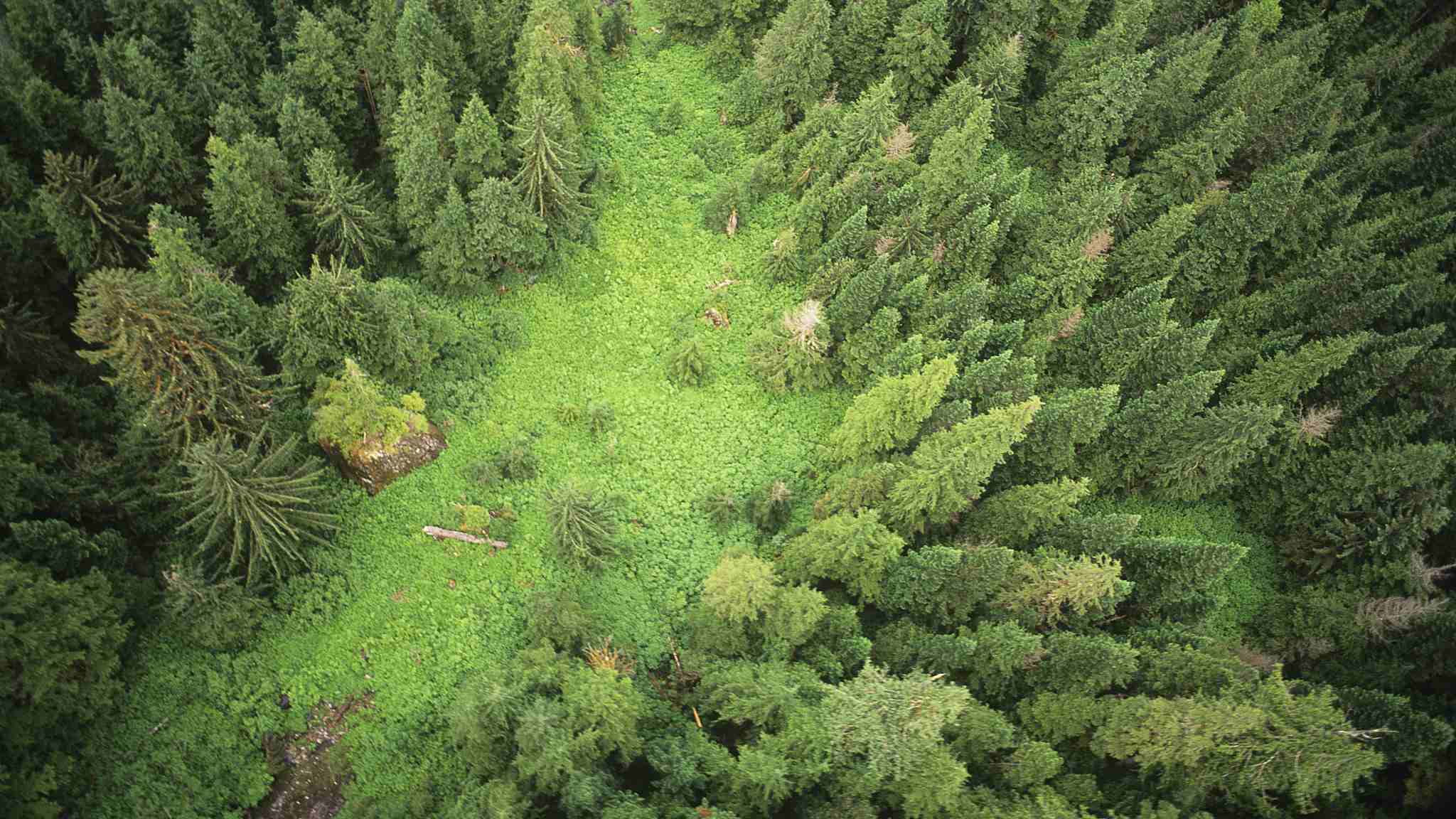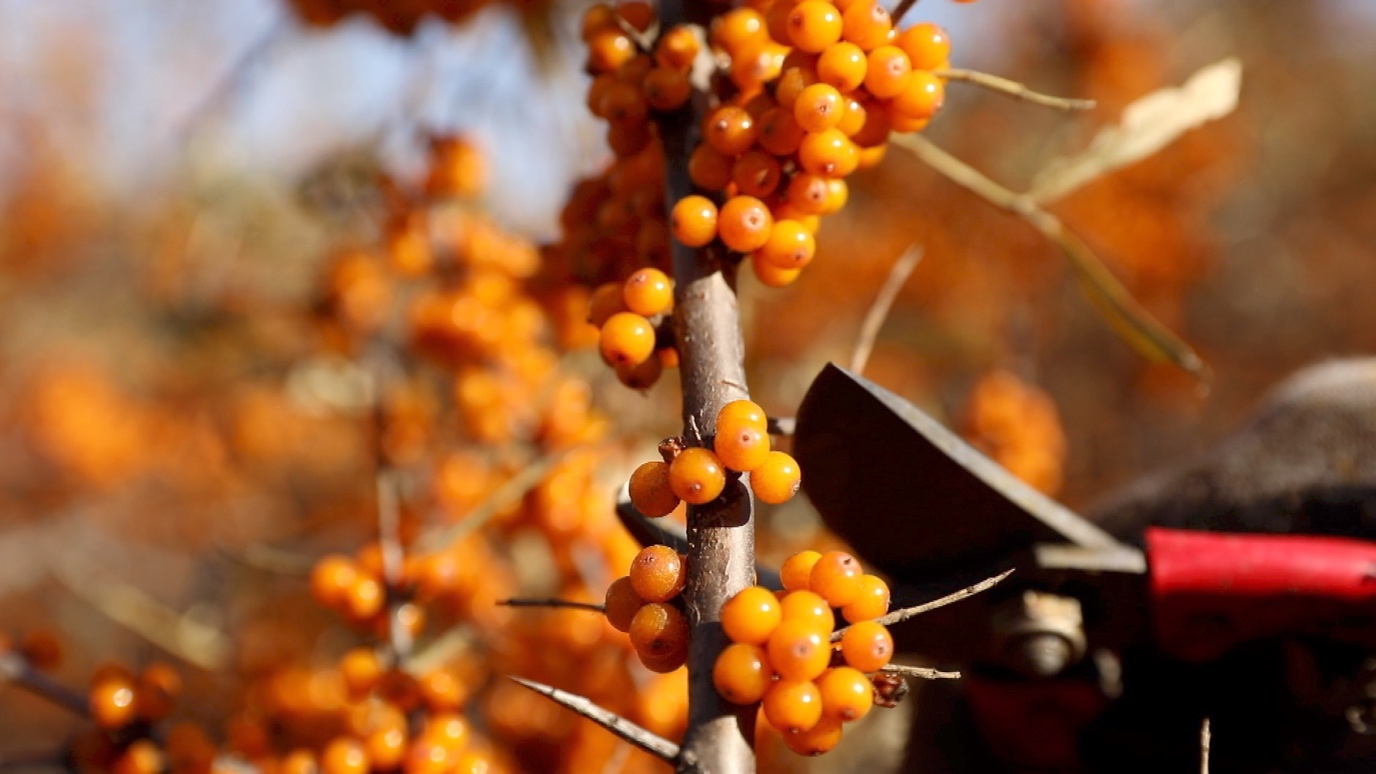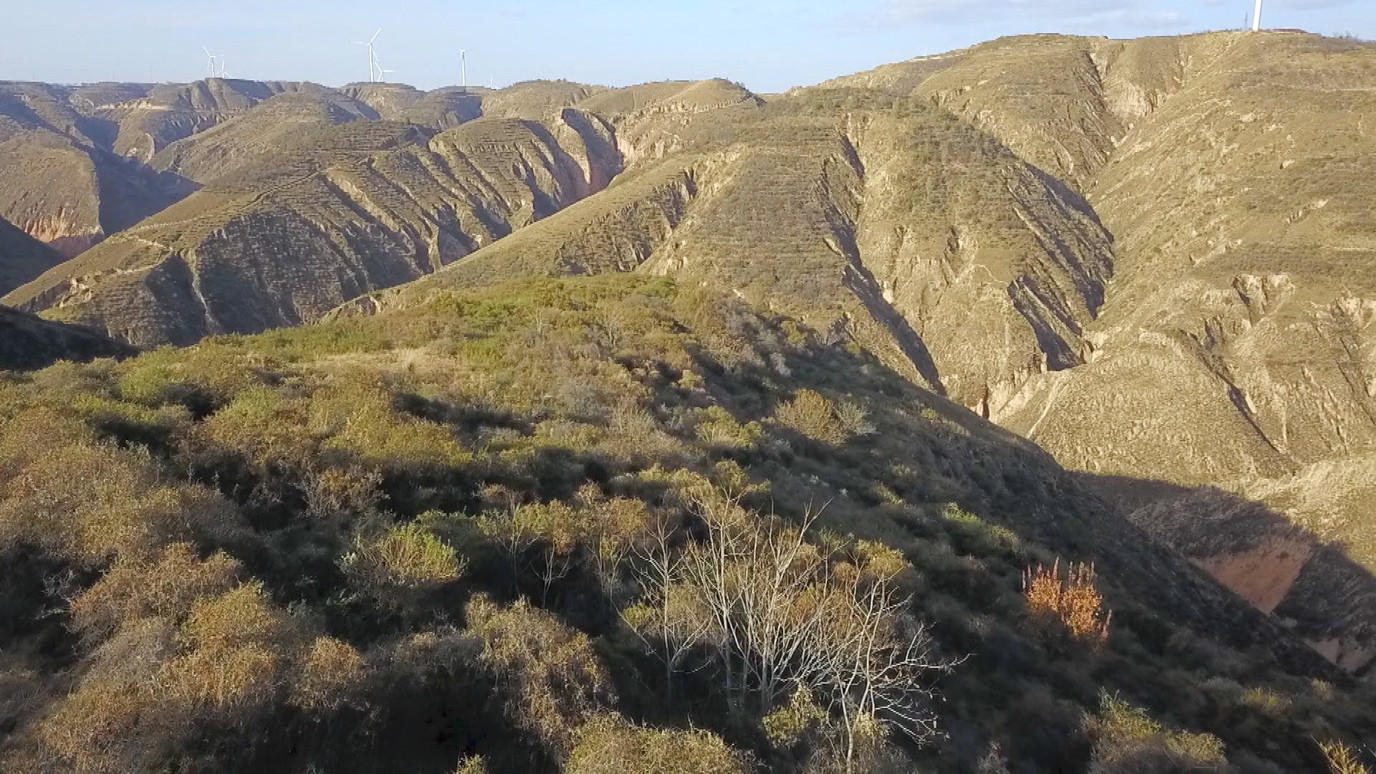
Ecology
17:38, 27-Oct-2018
Yan'an: Farmland-to-Forest program benefits ecological system
Updated
17:18, 30-Oct-2018
By Meng Qingsheng, Zhang Kai
03:33

Two decades ago, China launched its Grain for Green program, whereby farmland was returned to forests. It was designed to retire farmland susceptible to soil erosion and flooding. Yan'an City in northwest China's Shaanxi Province has spearheaded the project ever since it was introduced locally in 1998.
Zhang Buqiang has collected sea buckthorn berries for the past 15 years. Sea buckthorns are among things the local government planted 20 years ago to increase local vegetation.

Sea buckthorn berries are known for their richness of vitamin C, and the plants can lessen the force of the wind and stabilize moving sand. /CGTN Photo
Sea buckthorn berries are known for their richness of vitamin C, and the plants can lessen the force of the wind and stabilize moving sand. /CGTN Photo
The seasonal business produces one-third of his family's income, about an equivalent to 1,500 US dollars. The 53-year-old man told CGTN that the program has been life-changing. "Mountains here have turned green with increased vegetation, and there are no sandstorms like before. Now we have less farmland, but we can open small businesses and do part-time jobs for more money," Zhang said, adding that collecting sea buckthorn provides local villagers with a good income.
For decades, Wuqi County of Yan'an suffered from a vulnerable ecological environment. Farmers cut down huge tracts of forest, much of it on steep slopes, and turned it into farmland, resulting in severe soil erosion.

File footage shows the severity of soil erosion before the Farmland-to-Forest program was launched in 1998. /Photo courtesy of Wuqi TV Station
File footage shows the severity of soil erosion before the Farmland-to-Forest program was launched in 1998. /Photo courtesy of Wuqi TV Station
Wang Shuxue joined the program the same year it was launched in 1998.
Over the years, he has helped introduce more than 20 types of trees and shrubs to increase local greenery.
Wang said the initiative has benefited over 100,000 people in his county.
Wang told CGTN that his team faced major pressure in the very beginning, as local people insisted on sheepherding and farming in the vulnerable environment. "It was difficult for us to persuade them, but they eventually accepted the plan after intense coordination efforts," he said.
The success has resulted in clearer skies, increased rainfall and improved biodiversity across Yan'an. Its vegetation area has risen from 46 percent to the current 81 percent, making a huge difference in its ecological system. Besides, it has also helped cut the city's sediment runoff to the Yellow River by 88 percent.

The vegetation area has increased from 46 percent to the current 81 percent in Yan'an after two decades of effort. /CGTN Photo
The vegetation area has increased from 46 percent to the current 81 percent in Yan'an after two decades of effort. /CGTN Photo
Wu Tie, deputy secretary of the Yan'an municipal committee of the Communist Party of China, told CGTN that the city has rolled out comprehensive measures to win the battle. There's policy support to ensure that locals abandon improper farming methods, but enjoy improved quality of life. Meanwhile, the city has different kinds of payment and compensation for locals, to help increase their family incomes.
Thanks to the Farmland-to-Forest program, the total sea buckhorn area in Wuqi County has risen to 120,000 hectares. Local factories are working to expand extraction and production for its richness in vitamin C, and other healing effects. For Zhang, it means more money for his family, and a sustainable way to benefit from the greenery project.

SITEMAP
Copyright © 2018 CGTN. Beijing ICP prepared NO.16065310-3
Copyright © 2018 CGTN. Beijing ICP prepared NO.16065310-3